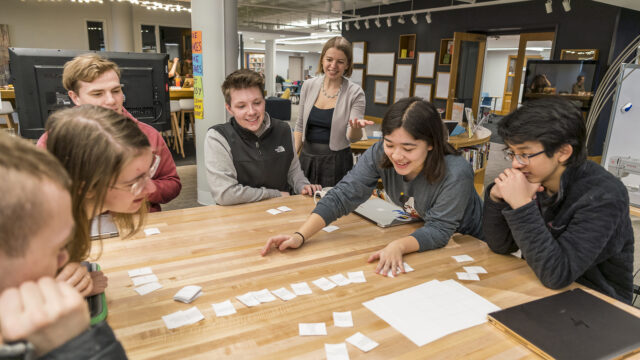
Courses in the City: Rise and Fall of Tsarist Russia
Macalester’s courses, like this Russian studies course, capitalize on our urban location to enrich learning.
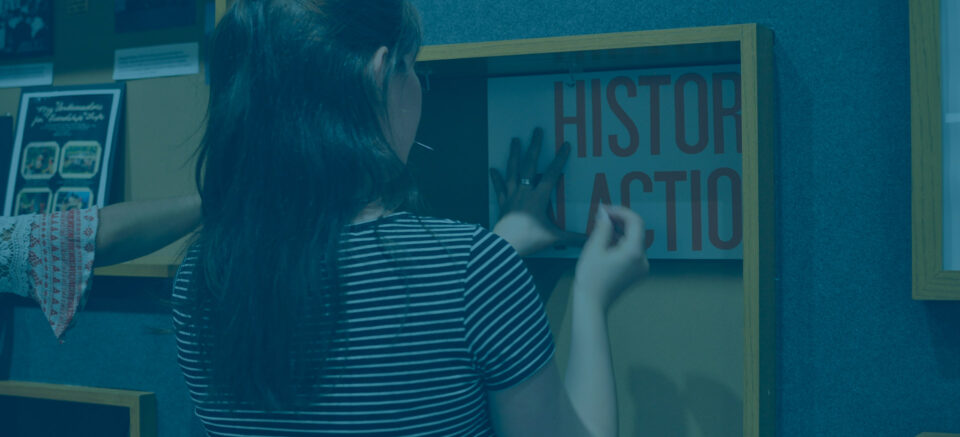
Learning about the past prepares us for the future
Studying history develops critical thinking and teaches innovative ways of examining the past. It provides great preparation for careers in policy, government, business, teaching, law, medicine, and information and cultural resource management. In your courses you will gain skills and perspectives that will be invaluable in your professional career and will help you become an informed citizen of the world.
By considering how we got here, we can create a roadmap to the future. Through cutting-edge research and a commitment to innovative teaching, our faculty will help you explore an array of fields. These include the history of the Environment; Gender; Colonization and Empire; Law and Social Justice; Race and Indigeneity; and Public History. Students may choose one of these or consult with faculty to design an individual field.
Macalester has its own archives, where you can literally hold history in your hands. You also can consult the rich historical resources of the Twin Cities and, through study-away, the globe. Whether using new digital technologies or analyzing handwritten documents and historical artifacts, you will have numerous opportunities to explore history.
Everything has a history. At Macalester, history is truly interdisciplinary. Our classes explore the history of science, religion, politics, public health, human rights, race, class, gender, visual arts, and more.
Number of federally recognized tribes in Minnesota (7 Ojibwe, 4 Dakota)*
Number of miles to the Minnesota History Center from campus, a great place for students to intern

Regular partnerships with museums and specialized research libraries in the Twin Cities, including the East Side Freedom Library and the Mill City Museum
*We acknowledge and honor that we are on Dakota land. Macalester is situated on the ancestral homeland of the Dakota people, particularly the Sisseton and Wahpeton bands, who were forcibly exiled from the land because of aggressive and persistent settler colonialism. We make this acknowledgement to honor the Dakota people, ancestors and descendants, as well as the land itself. We also acknowledge the role that academic history has played and continues to play in silence, oppression, and cultural genocide. We commit to participate in history practices that intentionally restore and honor sovereign, living cultures with both proud histories and empowered futures.
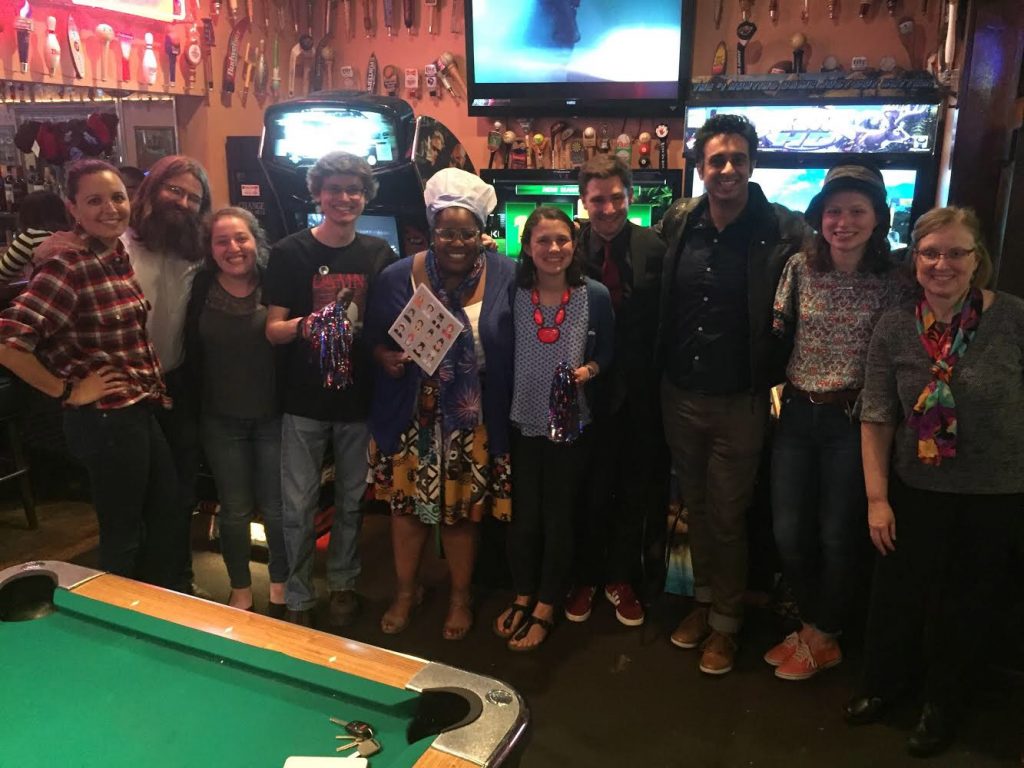
The History Department of Macalester College deplores the murder of Mr. George Floyd by members of the Minneapolis Police Department. Please find our statement in response to recent events, including links to resources that offer context and avenues for action on our “About, Department News” page here.

Macalester’s courses, like this Russian studies course, capitalize on our urban location to enrich learning.
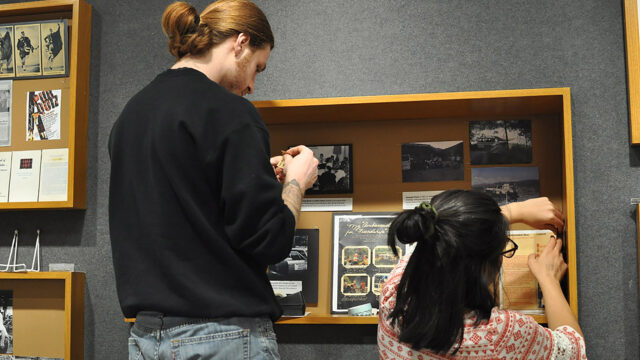
A recent history syllabus includes internships, archival research, and creating a public exhibit.
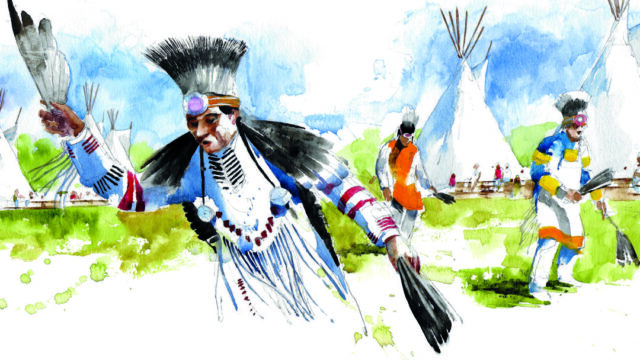
History professor Katrina Phillips discusses her research on so-called “Indian pageants.”